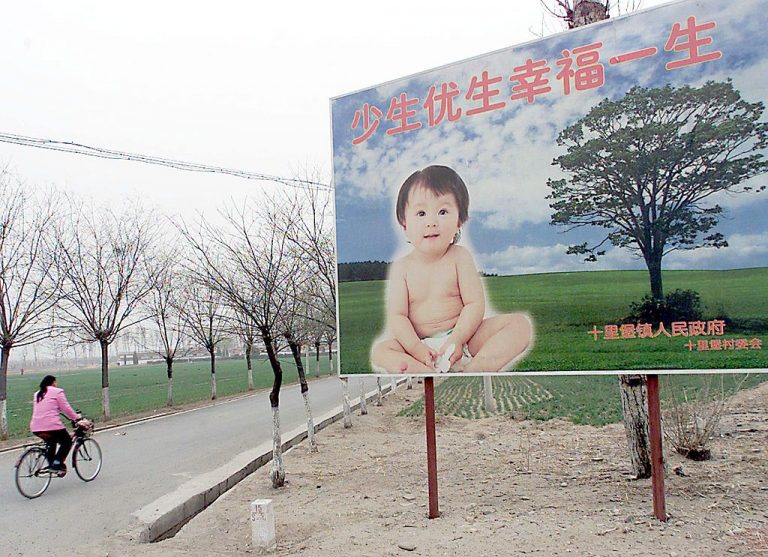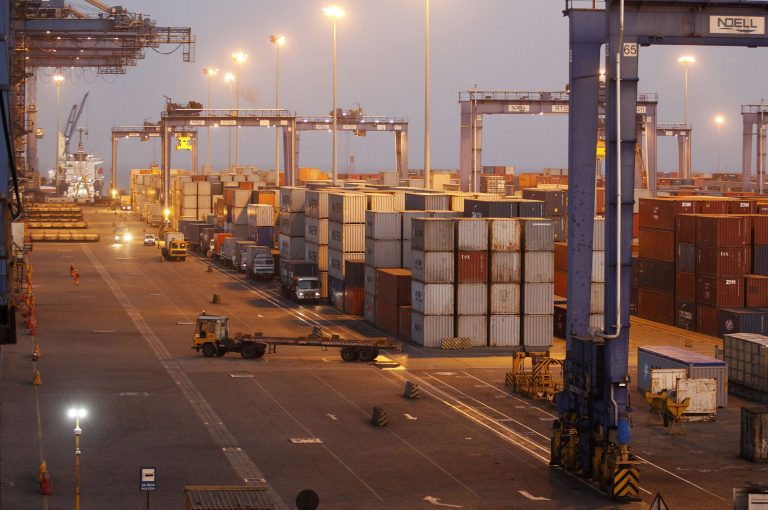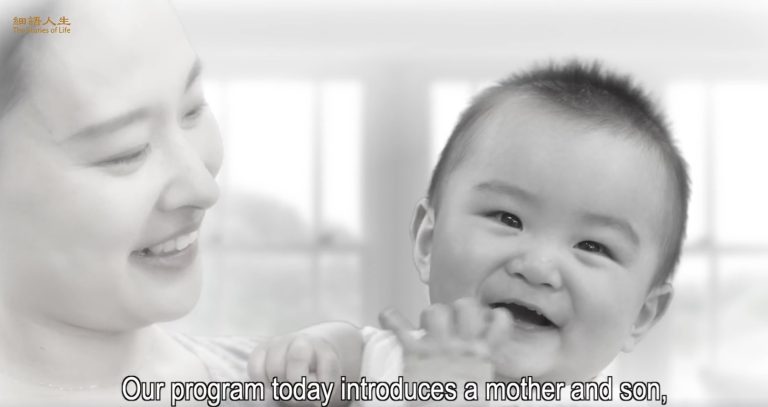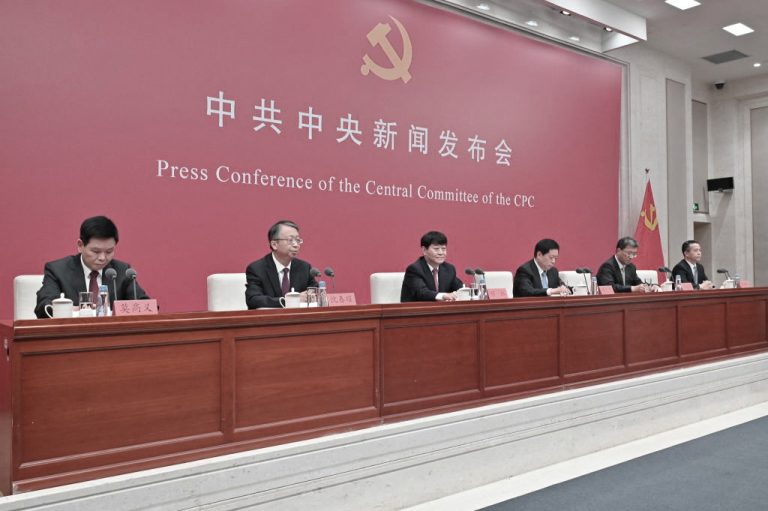17-year-old Liu Xuezhou did his homework while his mother hovered over him, muttering to herself and shaking her head in disapproval.
“Why did you have to be such a burden?” she would routinely say to him.
Liu was only a newborn when he was sold by his birth parents in 2005. Years later, after the family that took him in as a baby died in an accident, he posted a video on social media asking for help in reuniting with his “long-lost parents.”
Though Liu was successful in finding them, what he thought would be a welcomed reunion, soon turned out to be another devastating blow. According to Liu, things were going relatively well at first, but things took a turn for the worse after he reportedly asked his birth parents for financial help.
When Liu asked if he could move in with them or for financial assistance in buying or renting a home, they cut off all communication with him instead. Liu said his mother even blocked him on messaging platform WeChat to prevent him from finding her.
Success
You are now signed up for our newsletter
Success
Check your email to complete sign up
Liu then took his own life on Monday, Jan. 24 shortly after posting a long essay on his Weibo account in which he described how he had endured being “called many names” by online bullies and had been “effectively abandoned twice” by his biological parents.
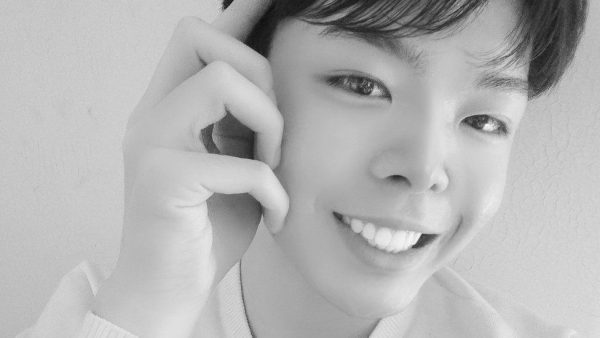
Liu’s aunt confirmed his death with local media that evening.
The policy that disrupted a nation
Liu’s tragic story is not a singular one. Even as the one-child policy was lifted in 2016, many couples in China are now choosing not to have children as the cost of living in urban cities has risen exponentially.
READ MORE:
- China Is Ending Its Population Controls, But Many No Longer Want to Have Children
- Men Seeking Vasectomies in China Denied by Government as Birth Rate Continues to Decline
When the one-child policy was implemented by the Chinese Communist Party (CCP) in 1979, for over three decades, men and women were forced to undergo sterilization in an effort to control the country’s booming population.
The policy was so stringenly upheld that many women were forced to have late-term abortions if they were found to be “illegally” pregnant. Chinese authorities boasted that they prevented approximately 400 million births.
Many couples in rural areas that already had one child and got pregnant again were also forced to make the impossible decision of giving up their newborn babies in fear of being caught and facing retaliation from the government.
As a result of this, thousands of infants — particularly baby girls — were adopted by families in North America and Europe throughout the 1980s and 1990s. American families adopted about 81,600 children from China, according to data by the State Department.
Now, the Chinese government is desperately trying to reverse a plummeting birth rate as more couples opt to still have only one child or remain childless altogether.
Adopted children discover a stolen past
As an infant girl of only nine days old, Zoe Halbeisen was wrapped in a blanket and left on the steps of a department store in Changzhou, China. She had been abandoned by her birth parents more than two decades ago.
Zoe was soon discovered by the store’s employees, who took her to a nearby orphanage. News of her discovery made headlines in the country and the employees who found her rallied around her, visiting often. Three years later, she was adopted by Valli and Stephen Halbeisen from the U.S.
Zoe, now 26, grew up believing that story.
In reality, Zoe was left there by her desperate father after a visit from government officials at his home in rural Changzhou. They demanded he and his wife give up Zoe, their second child. The couple was in violation of the country’s one-child policy, and were told they would only be allowed to keep her if they paid a hefty fine – money they did not have.
In 2019, Zoe’s birth parents finally found her after not losing hope of reuniting with their lost daughter of over 20 years.
Families reconnect thanks to DNA testing
What Zoe didn’t realize was that the results of a DNA test she’d taken more than a year ago — in hopes of learning more about her medical history — were logged into a database. And it led her to her birth parents who had also shared their DNA in hopes of one day finding her.
Zoe wrote to DNAConnect, expecting to confirm her suspicions of a scam. The email she got back was lengthy and descriptive and even included a letter from her birth parents explaining the impossible situation they were in that led to them giving her up.
In the letter, they outlined details no one else could have known. Her birth father, Chen Xin Zhong, wrote how they quietly watched over her for many years even after he and her two sisters moved out of Changzhou. Her mother, Wang Xu Mei, wrote how she stayed behind hoping she would one day return.
It took Zoe weeks to believe that she was their daughter and to wrap her mind around the reality that they never stopped searching for her and did not want to give her up in the first place. Zoe decided to travel to Shanghai in August 2019 where an emotional reunion ensued.
Zoe said the reunion allowed her to reconnect with a piece of missing identity that she wasn’t aware of and brought much needed closure to her birth parents as well.
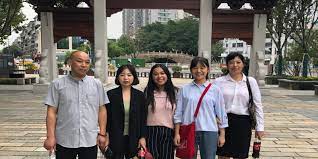
Brian Stuy is the Utah-based founder of nonprofit corporation DNAConnect. Stuy said he and his wife have been collecting DNA from families in China since 2013.
They now use that data to connect families who were “often forced or coerced into relinquishing their children because of China’s one-child policy.” Because the policy was in place for decades, many of the impacted children were adopted by foreign families, he said.
Extended families reunited
Similarly, Chloe Lipitz from Phoenix, Arizona, was adopted from a Chinese orphanage when she was 15 months old. In seventh grade, she tried the DNA testing service 23andMe in hopes of learning more about her birth family.
Chloe and her adoptive parents were shocked to discover that two of her cousins were also in the 23andMe database — and they were both American adoptees around her age.
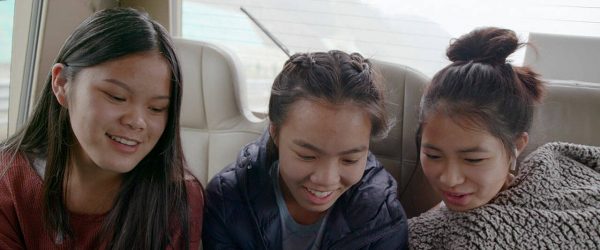
Thanks to the growing popularity of these DNA testing services, the three girls were able to connect with a Chinese agency that acted as a liaison in helping them track down and reunite with their birth families.
“I couldn’t imagine that there wasn’t incredible pain and anguish and questions about where these babies were and where they had ended up,” Amanda Lipitz, who directed the film and is also Chloe’s aunt, said of the hardships their birth parents must have endured.
Their stories were featured in a Netflix documentary called “Found” released on the streaming platform on Oct. 20, 2021.



